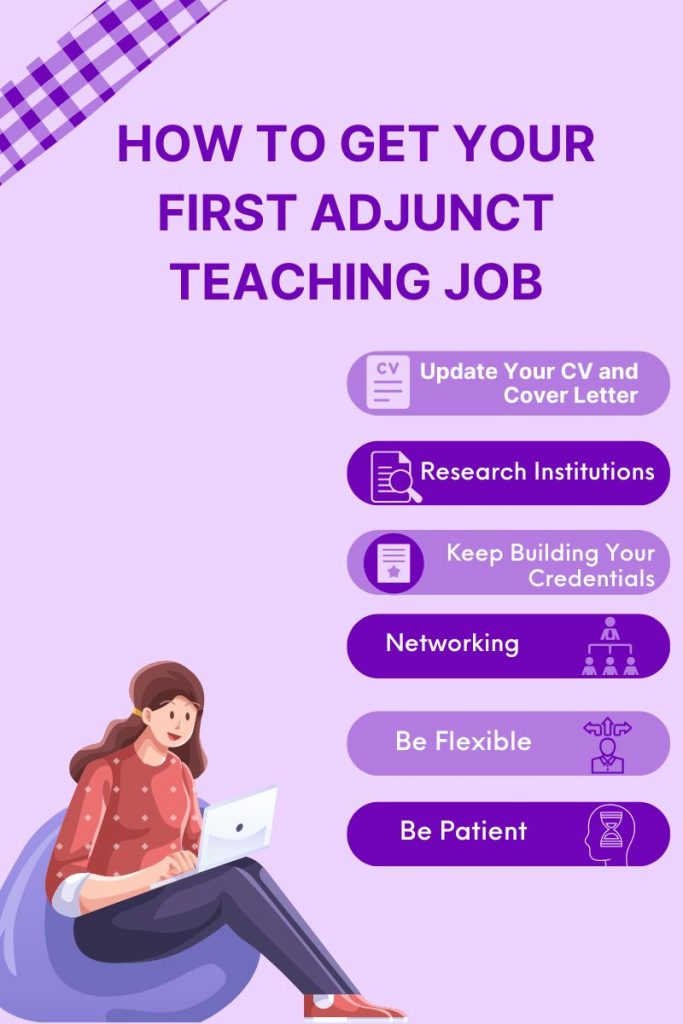How can I break into academia after a career in industry?
I’ve had a full career and I have a master’s degree. How do I get started?
Professor Services at The Babb Group mentors hear these questions a lot.
The answer starts with preparing yourself with the right tools. You need a professionally written CV, statement of teaching philosophy, and a LinkedIn profile. While Professor Services offers in-depth mentoring and career counseling, here are a few general tips to get you started.
“When someone asks me about getting started with no experience, I recommend online tutoring or creating their own course that ties to their industry to show how they can bring their real-world experience into the classroom,” suggests Dorothy Miraglia, Ph.D., Vice President of Academic and Professor Services.
The Babb Group’s COO, Sheila Fry, works with colleges and universities nationwide. Fry encourages applicants to start locally and apply to community colleges and continuing education programs.
Many applicants need help to maximize their LinkedIn profile. Fry suggests people ensure their profile is searchable, robust with content, and stands out.
Keep Building Your Credentials
Most institutions require a Master’s degree to teach as an adjunct. A Ph.D. or professional experience in the field can increase your chances of landing a job. Offer to volunteer as a guest speaker in local high schools and colleges. Give workshops and apply to present at conferences.
Networking
Reach out to professionals in your field and join professional associations. Join LinkedIn groups to connect. Look to local networking events, too. Attend business conferences and events to learn about potential opportunities. Each connection can lead to referrals or recommendations.
Research Institutions
Look for institutions that offer courses in your area of expertise. Check their websites or online job portals for adjunct teaching positions. Some institutions may also have job fairs or recruitment events where you can learn more about available opportunities.
Update Your CV and Cover Letter
A CV is a much more comprehensive document than a resume. Ensure you have a professionally-written CV to highlight your relevant experience, qualifications, and skills in your resume and cover letter. Tailor your application materials to the specific job requirements, highlighting any teaching experience or relevant coursework.
Be Flexible
Adjunct teaching jobs can be competitive, so be open to teaching different courses or at various institutions. You may also have to work evenings or teach weekend classes.
Be Patient
Getting your first adjunct teaching job can take time and effort. Fry encourages applicants to keep at it and not get discouraged.
“Keep applying!” she says, “The wheels of academia move slowly and you never know when a response will come.” Be persistent, keep applying and networking, and you will find the right opportunity.”
Angela
Latest posts by Angela (see all)
- The Art of Connection: Networking and Professionalism in Academia - July 25, 2024
- Got the Teaching Job? Now, You Need To Attend the Faculty Training - July 1, 2024
- Higher Education Trends: Insights from Our COO, Sheila Fry - June 20, 2024
